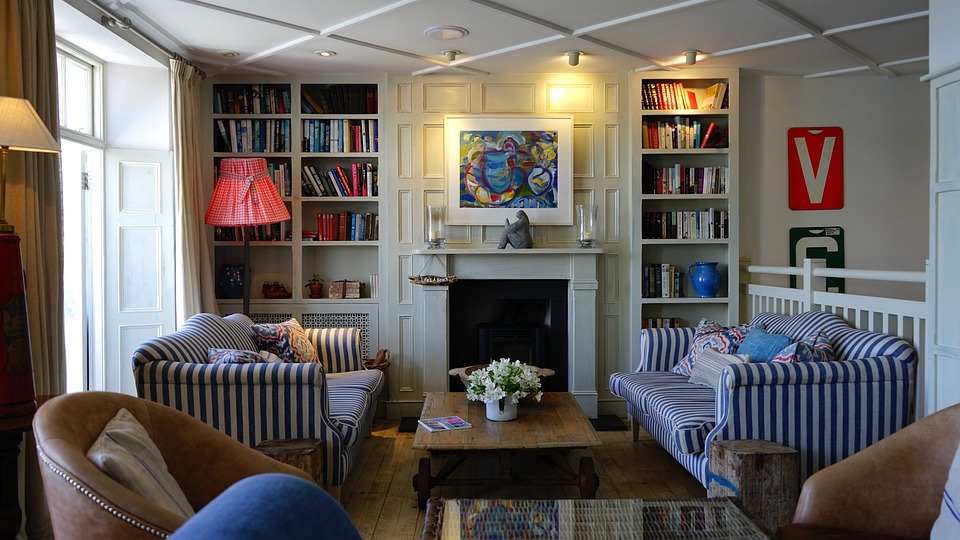
Your home is your sanctuary, a place where you can relax and unwind after a long day. But have you ever stopped to think about how your furniture and home décor can impact your mood and overall well-being? The psychology of furniture is an interesting and important aspect of our lives that has a direct influence on how we feel and behave in our homes.
First and foremost, the colors and textures of your furniture and home décor can have a significant impact on your mood. For example, research has shown that warm, earthy tones such as browns, greens, and blues can create a sense of calm and relaxation, while brighter colors like reds and oranges can evoke feelings of energy and excitement. Similarly, smooth and soft textures can promote feelings of comfort and ease, while rough or abrasive textures may evoke feelings of unease or discomfort.
In addition to color and texture, the layout and design of your furniture can also affect your mood. Cluttered and disorganized spaces can cause feelings of stress and anxiety, whereas a well-organized and tidy space can promote a sense of calm and tranquility. Furthermore, the placement of furniture can also impact how we interact with our environment. For example, a cozy reading nook or a comfortable seating area can encourage relaxation and reflection, while a large, open space may promote a sense of freedom and creativity.
The type of furniture and its functionality can also play a role in affecting our mood. For example, comfortable and supportive furniture can promote feelings of relaxation and contentment, while uncomfortable or poorly designed furniture can cause discomfort and agitation. Additionally, the functionality of furniture can also impact our behavior and emotions. For example, a functional and well-designed workspace can promote productivity and focus, while a distracting or uncomfortable workspace can hinder our ability to concentrate and perform tasks effectively.
Furthermore, the history and personal significance of furniture can also impact our mood. Certain pieces of furniture may hold sentimental value or remind us of positive experiences, which can evoke feelings of nostalgia and happiness. On the other hand, negative associations with furniture, such as memories of conflict or discomfort, can have a detrimental impact on our mood and well-being.
In conclusion, the psychology of furniture is an important aspect of our lives that can have a significant impact on our mood and overall well-being. By paying attention to the colors, textures, layout, design, functionality, and personal significance of our furniture and home décor, we can create a space that promotes positive emotions and enhances our quality of life. So next time you’re redecorating your home, take a moment to consider the psychological impact of your choices – it may just make a world of difference in how you feel in your own space.